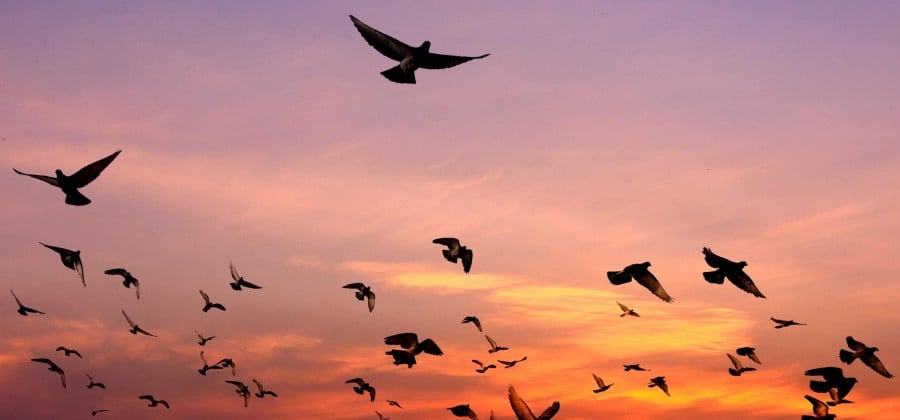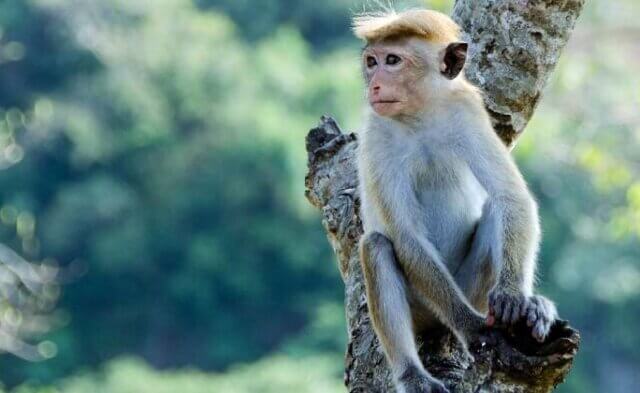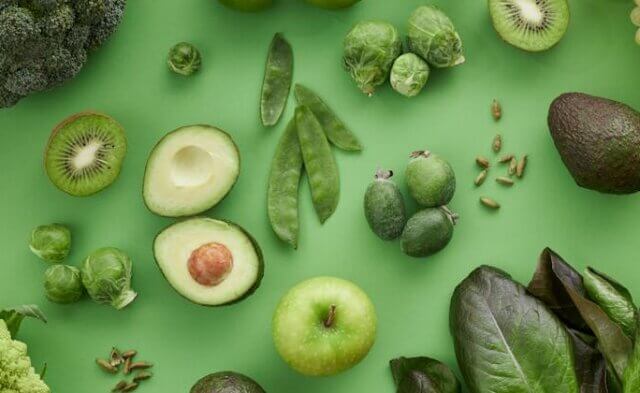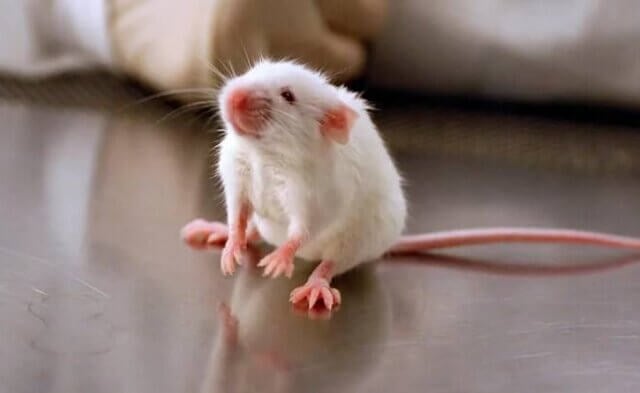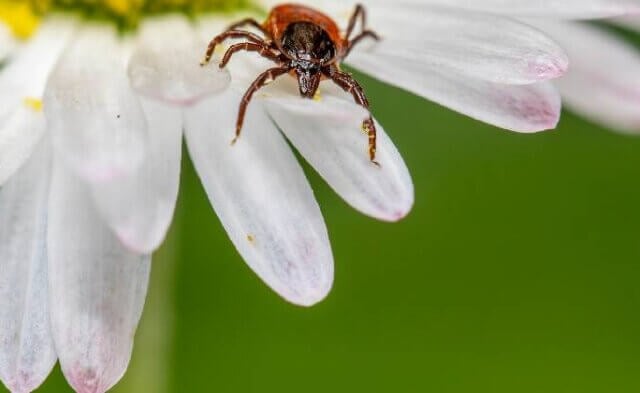After killing millions of birds worldwide, the H5N1 avian flu is creeping like a black fog of death through U.S. dairy farms. Dead cows and calves infected with the virus lie in piles along Californian roadsides, baking under the sun, surrounded by swarms of flies. The outlook is troubling for humans, too: Globally, over 400 people have already lost their lives to H5N1. We must help animals – and ourselves – by going vegan. Now.
Pigs are especially effective at transmitting diseases to humans due to their cells’ physiology – and bird flu was just found in a pig in Oregon. This is the latest red flag showing that our dependence on animals for food is paving the way for zoonotic diseases to spread. From COVID-19 to swine flu, the link is undeniable. And it is no surprise when we consider what animals raised for food endure.
Cows, pigs and chickens are intelligent, curious and social beings. Like humans, they each have their own unique personalities. Cows have best friends. Pigs love to solve puzzles. Chickens dream. These animals deserve to live peacefully, free from harm. But on today’s farms, they can’t do anything natural or important to them.
Picture this: Animals crammed together by the thousands in dark, filthy warehouses, barely able to move, with many standing in their own waste. These animals are often denied fresh air, sunlight and even a glimpse of the outside world for their entire lives. Not only do these stress-filled, overcrowded environments cause immense suffering, but they weaken animals’ immune systems and foster the spread of viruses – including some that can jump to humans.
The World Health Organization and Centers for Disease Control and Prevention have long warned about these risks, highlighting how factory farms are hotspots for emerging infectious diseases. Research from the Johns Hopkins Center for a Livable Future confirmed this, showing that the conditions on factory farms can create transmission zones where pathogens can spread to humans.
Animal agriculture is turning the planet into a petri dish for diseases in more ways than one. A study published in Nature found that biodiversity loss and climate change, among other factors, set the stage for the spread of infectious diseases. Raising animals for food is a chief contributor to both. It produces large amounts of greenhouse gasses like methane, which trap heat in the atmosphere, and it requires massive amounts of land, water and resources. This harms ecosystems and causes biodiversity loss, as forests and wildlife habitats are cleared to make space for farms.
Pandemics come with a massive price tag. The economic fallout costs governments billions in emergency health interventions, lost productivity and shutdowns. Just think back to COVID-19, which brought the world to a standstill. Many of us are still feeling the financial effects of the pandemic, while others are dealing with long COVID or grieving the loss of loved ones to the virus. We can’t afford to keep gambling with our health, our wallets and our lives by supporting an industry that breeds pandemics.
Going vegan isn’t just about preventing pandemics -it’s also proven to benefit human health: Studies from the American Heart Association and Harvard University show that people who eat vegan have lower rates of heart disease, diabetes and certain cancers. This should come as no surprise, as plants are high in fiber and antioxidants and have zero cholesterol. With COVID-19 lingering like a nightmare and avian flu threatening more death and destruction, we must stop making choices that devastate our health, the planet and all its inhabitants. The simplest, most hopeful thing we can do is make humane choices with our food.
So, please, go vegan.

